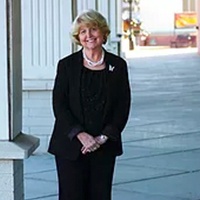Kiowa Estate Lawyer, Colorado
Myka Marie Landry
Immigration, Estate Planning, Divorce & Family Law, Elder Law
Status: In Good Standing
Douglas A Wolkin
Estate, Power of Attorney, Business, Real Estate Other, Industry Specialties
Status: In Good Standing Licensed: 47 Years
James T Anest
Real Estate, Wills & Probate, Criminal, Bankruptcy
Status: In Good Standing Licensed: 44 Years
FREE CONSULTATION
CONTACTR. Brian Brian Daniel
Estate, Adoption, Wills & Probate, Trusts
Status: In Good Standing Licensed: 26 Years


